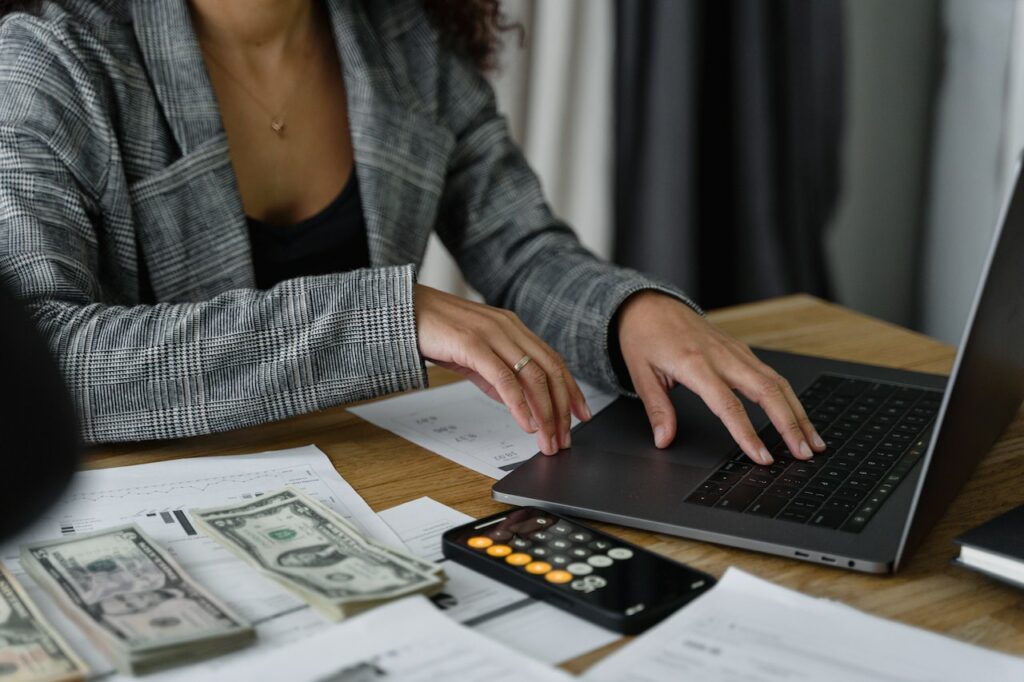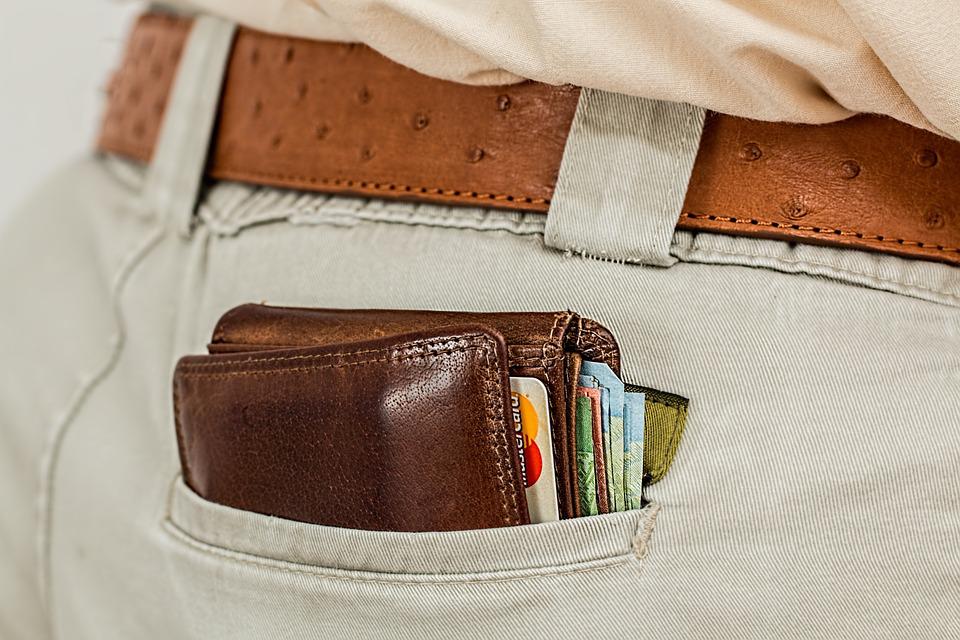Your credit score is determined from credit report data, so you want your reports to display a strong on-time payment history. But not every payment that you make will go to your credit reports.
For example, gym memberships, health insurance premiums, cable bills, and others will not improve your credit even though you have been paying loyally for years. However, if your account is sent to collections, though, the inability to pay them can harm your score.
Payments that don’t go into your credit report can’t help you in building credit, but it can hurt if you fail to pay. Here’s what to know and some workarounds.

Can Bills Help Build Your Credit?
You might think that you’re building credit whenever you pay a bill on time. That is the case for loan and credit card payments. However, many bills, such as rent and utilities, are not reported routinely to credit bureaus like credit card and loan payments.
Making on-time payments with rent and utility bills will not help build credit, unfortunately. But these bills can surely damage your credit if you fail to make payments that lead to collection actions.
If you fall behind on any bill for more than a month or two, the company may send your previously due account to a collections agency. The collections agency can (and generally will) inform the credit reporting bureau as soon as possible.
That’s not good news, because having a collection action on your report harms your credit score significantly and can indicate a black mark on it for a number of years.
Consider Building Credit in Other Ways
Since it is more of a hassle than it is worth to have your utility bills reported to credit bureaus, you should think about other ways to build credit. There are two viable options for adding credit lines without adding debt if you hope to plump up a thin credit file.
Get a Secured Credit Card
You can get a secured credit card despite your existing credit status if you have at least $200. To do this, you need to deposit money as a security deposit to be the available balance of the card.
The card functions just like any other credit card. Your credit score will improve as long as you pay your bill on time each month. You’ll get your deposit back, with interest, when you close the account or the bank transitions it to an unsecured credit card.
Make sure to learn any credit fee structure before applying. You can also look for a credit product that can be acquired without even a hard credit inquiry, so you don’t reduce your credit score by just applying.
For both cases, payments made on time and reported to credit bureaus can help you build or rebuild credit, although some of your regular bills do not directly contribute to your score.

Don’t Rush to Close Credit Card Accounts
It’s a widespread myth that your credit score is better with fewer credit cards. The reality is fewer debts are good for your credit score.
Yet having a few more than one or two open accounts — especially if they’re open for many years — can help your credit, even if you’re never using them.
Conclusion
Credit scores can be improved considerably in many ways, but timely payment of utility bills is usually not enough to make a significant difference. Even when gas, electricity, and water are common utility bills that people are paying, the information will not be reported to credit agencies. It will not appear on a credit report of an individual.
On the other hand, loans and credit cards, such as the repayment history, are considerably more critical in shaping an individual’s credit score.
